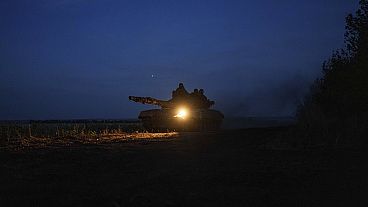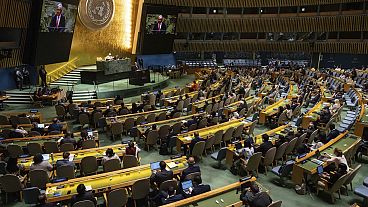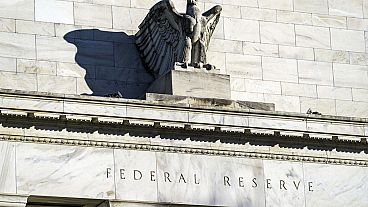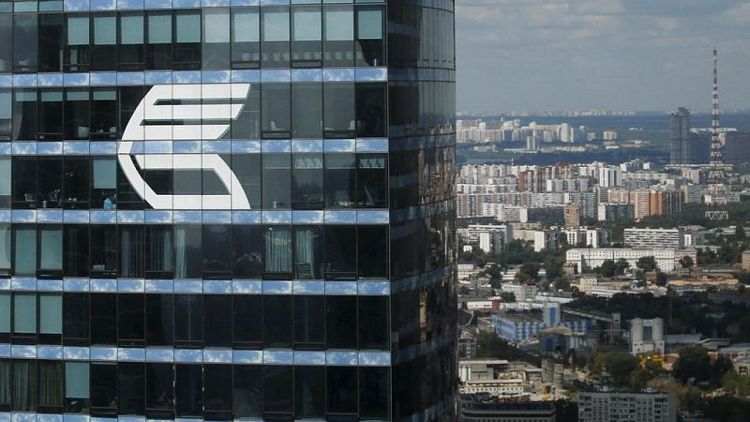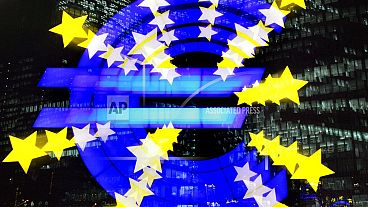- Russian lender VTB was hit with sanctions by both the United States and the United Kingdom on Thursday, in the wake of Russia's all-out invasion of neighboring Ukraine.
Here are some key facts about the bank.
WHAT IS VTB?
VTB is the second-largest lender in Russia. As well as providing traditional banking services, it conducts investment banking operations through its VTB Capital arm.
Founded in 1990, VTB was created to help facilitate Russian trade abroad and promote the country's integration into the global economy.
OWNERSHIP
VTB is owned by the Russian state, which controls 92.23% of the bank's share capital. The holding is split between three agencies: the Federal Agency for State Property Management, the Ministry of Finance, and the Deposit Insurance Agency, according to VTB's website.
LEADERSHIP
The bank is run by Andrey Kostin, who is president and chairman of the management board. The 65-year-old Kostin is regarded as a staunch ally of President Vladimir Putin and was himself sanctioned by the U.S. government in 2018 as part of a package of measures targeting Russians involved in "worldwide malign activity."
The European Union on Wednesday also imposed sanctions on Kostin, alongside a number of other senior Russian officials.
WHERE IS VTB?
VTB Group has a presence in 14 countries outside Russia, including Armenia, the United Kingdom, Germany, Angola and China, according to its website.
PREVIOUS SANCTIONS
VTB was already under sanction from the U.S. government, which imposed restrictions on a number of Russian banks in 2014 after Russia annexed Crimea. That round of sanctions aimed at limiting the ability of these banks to access U.S. debt and equity markets, so they could not raise cash from American investors.

